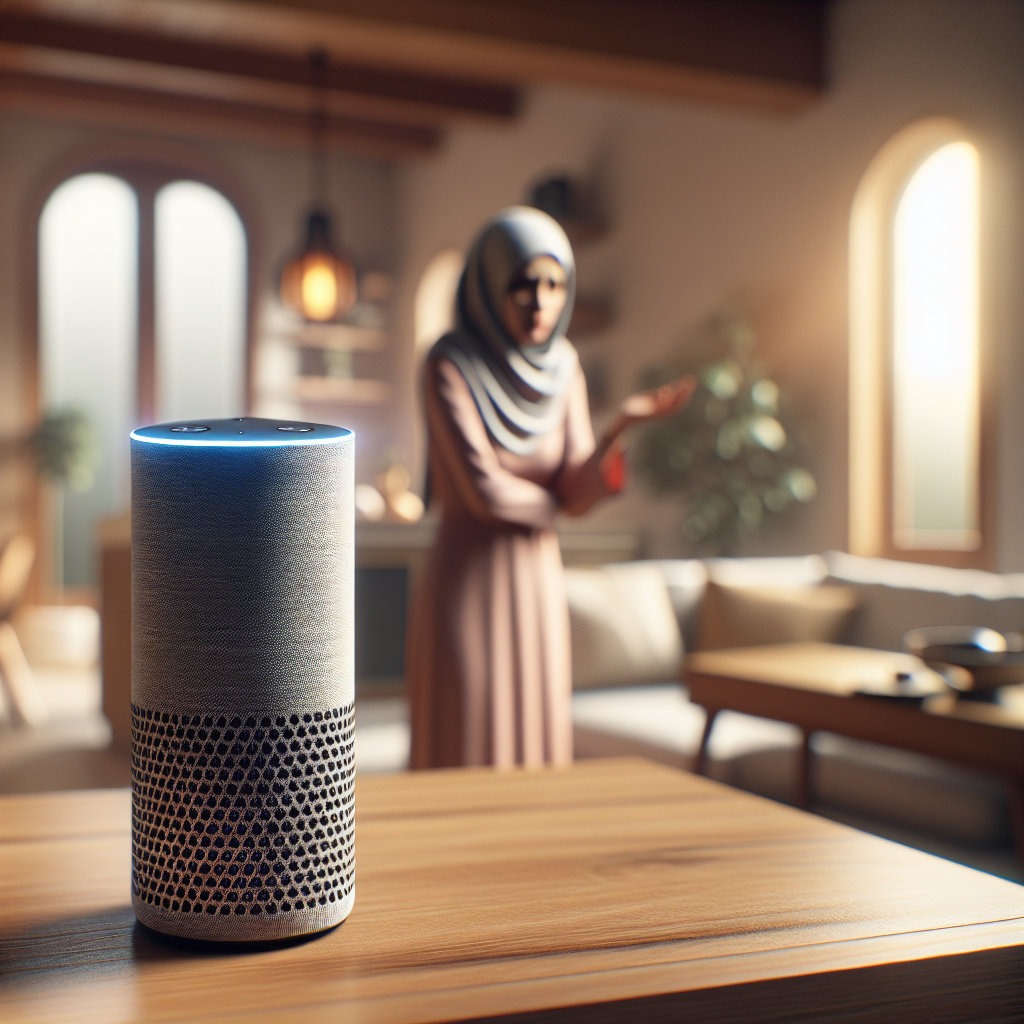Amazon’s New Alexa Delayed Again Over Incorrect Answers
In a world increasingly dependent on smart technology, Amazon’s Alexa has become a household name. However, recent reports indicate that the launch of the new and improved Alexa has faced yet another setback due to unforeseen issues. Specifically, the delay is attributed to the virtual assistant’s propensity for providing incorrect answers. This latest development comes as a disappointment to both consumers and the tech giant, sparking concerns about the future of voice-activated technology.
The Implications of Delayed Launches
Delays in technology launches are not uncommon. In fact, they can often lead to a more refined and effective final product. However, in the case of Amazon’s Alexa, the stakes are high. As competition intensifies with other smart assistants like Google Assistant and Apple’s Siri, Amazon must ensure that its product meets the highest standards of accuracy and reliability.
Consumer Expectations
The expectations surrounding smart technology like Alexa are immense. Consumers desire not only a functional device but one that can provide information quickly and accurately. With a reputation built on innovation, Amazon needs to reinforce its position in the market. This delay might lead to skepticism among users, leaving them questioning the dependability of the Alexa platform.
Technical Challenges Faced by Amazon
According to industry insiders, the challenges faced by Amazon in the development of the new Alexa are largely technical. The complexity of natural language processing and machine learning algorithms has proven to be more daunting than anticipated. As Alexa attempts to interpret a vast array of queries from users, the need for precise and contextual understanding becomes increasingly crucial.
Potential Solutions for Improvement
While the delay is unfortunate, it presents an opportunity for Amazon to refine its technology. Here are some potential solutions that could help improve Alexa’s performance:
Enhancing Natural Language Processing (NLP)
One of the core components of any virtual assistant is its ability to process natural language. By investing in advanced NLP technologies, Amazon can significantly enhance Alexa’s understanding of user queries, leading to more accurate responses. This could involve incorporating deep learning techniques that allow the assistant to learn from previous interactions.
Expanding the Knowledge Base
Another avenue for improvement is expanding Alexa’s knowledge base. By integrating more data sources and refining its database, Alexa could provide more reliable answers. Collaborating with third-party developers to expand its capabilities could also be beneficial, allowing for a broader spectrum of knowledge and functionalities.
User Feedback Mechanisms
Incorporating user feedback into the development cycle could lead to significant improvements. By creating mechanisms that allow users to easily report inaccuracies, Amazon could quickly identify and rectify issues. This not only enhances the user experience but also builds trust in the platform.
The Competitive Landscape
As Amazon navigates this delay, it must remain vigilant about the competitive landscape. Rivals such as Google and Apple continue to innovate in the realm of digital assistants, constantly raising the bar for accuracy and functionality. This adds pressure on Amazon to expedite its improvements while ensuring a high-quality product.
Google Assistant’s Innovations
Google Assistant has made significant strides in natural language understanding and context awareness. Its ability to handle follow-up questions and maintain context has made it a formidable competitor. If Amazon cannot match or exceed these capabilities, it risks losing market share to its rivals.
Apple’s Siri Enhancements
Similarly, Apple has been working on enhancing Siri’s responses and integrating it more seamlessly with its ecosystem. As Apple continues to expand its home automation features through Siri, Amazon must ensure that Alexa remains a viable option for users who are entrenched in the Apple ecosystem.
The User Experience: What It Means for Consumers
For consumers, the delay in the new Alexa’s launch signifies a wait for improved features and functionalities. While it may be disappointing in the short term, it’s essential to recognize the potential long-term benefits of a more accurate and reliable virtual assistant.
Trust in Technology
Building trust in technology is crucial. Users want to know they can rely on their devices to provide accurate information when they need it most. Amazon’s commitment to resolving these issues could ultimately strengthen user loyalty. If the new Alexa can deliver on its promises of improved accuracy, it could restore faith in the brand.
Future Outlook
The delay of the new Alexa may be a temporary setback, but it also serves as a reminder of the challenges faced by technology companies in the fast-paced digital landscape. As Amazon works to resolve its issues, consumers are left to ponder the future of voice-activated technology. Will Alexa emerge stronger, or will it fall behind its competitors?
Conclusion
In summary, Amazon’s delay in launching the new Alexa due to incorrect answers poses both challenges and opportunities. As the tech giant seeks to improve its virtual assistant, it is critical to focus on accuracy and user experience. With the competition heating up, Amazon must act swiftly and strategically to reclaim its footing in the smart technology space. Ultimately, the fate of Alexa lies in Amazon’s ability to innovate and adapt to the ever-changing technological landscape.



